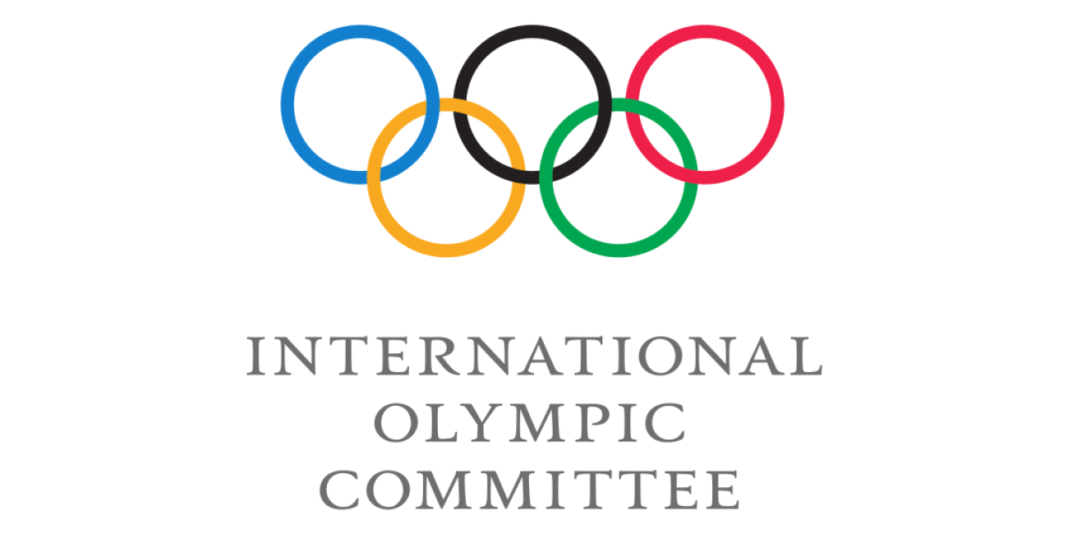Under current Olympic rules, each sporting federation determines whether transgender women can compete based on testosterone-level thresholds.
The International Olympic Committee (IOC) is reportedly moving toward a blanket ban on transgender athletes from participating in the 2028 Los Angeles Olympic Games, in what sources describe as a major policy shift aimed at “protecting the female category.”
Under current Olympic rules, each sporting federation determines whether transgender women can compete based on testosterone-level thresholds.

Daily Mail reports that however, according to sources close to the IOC, the new leadership under President Kirsty Coventry is preparing to impose a universal ban across all sports, a decision expected to radically reshape gender inclusion in the Games.
The proposed rule change comes amid continued controversy following the Paris 2024 boxing scandal involving Algerian fighter Imane Khelif, whose eligibility drew global outrage after reports suggested she had a difference in sexual development (DSD).
It remains unclear whether the upcoming ban would also affect DSD athletes, a category that has been at the center of heated debates over fairness and biological advantage in women’s sports.

According to Olympic sources, the proposed policy is now the IOC’s “direction of travel,” though it is unlikely to take effect before the 2026 Winter Olympics in Italy. Discussions are still ongoing, with sources suggesting that formal approval could take six months to a year.
The move, seen as one of Coventry’s first major reforms since assuming office earlier this year, is expected to satisfy conservative factions within global sports who have long demanded stricter gender policies.
If approved, the policy would end the era that allowed transgender athletes like New Zealand weightlifter Laurel Hubbard, who competed at the Tokyo 2021 Olympics, to participate under hormone-based eligibility rules.
In 2023, World Athletics also banned transgender women from participating in elite female competitions, including female track and field events regardless of their levels of testosterone.

The governing body’s President, Sebastian Coe, announced this on Thursday, stating that the directive will go into effect on March 31, 2023, at a meeting of the global track and field federation’s decision-making body, which includes 40 national federations, the International Olympic Committee, and transgender athletes.
He said, “The majority of those consulted stated that transgender athletes should not be competing in the female category.
“Many believe there is insufficient evidence that transwomen do not retain advantage over biological women and want more evidence that any physical advantages have been ameliorated before they are willing to consider an option for inclusion into the female category.”
“The judgement we took … was, I believe, in the best interests of our sport,” he added.
Coe stated that a working group led by a transgender person would be formed to closely monitor scientific developments.
“We’re not saying ‘no’ forever,” Coe said.
“We continue to take the view that we must maintain fairness for female athletes above all other considerations,” he said. “We will be guided in this by the science around physical performance and male advantage, which will inevitably develop over the coming years. As more evidence becomes available, we will review our position, but we believe the integrity of the female category in athletics is paramount.”

World Athletics said it became apparent that there is “little support within the sport” for an option that was presented to stakeholders that required transgender athletes to maintain their testosterone levels below 2.5 nanomoles per litre of blood for 24 months to be eligible to compete internationally in the female category.




